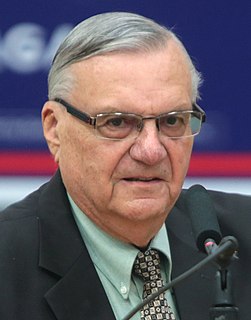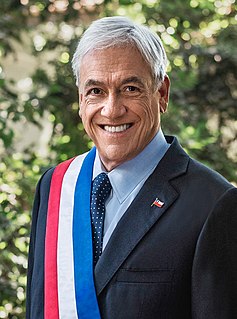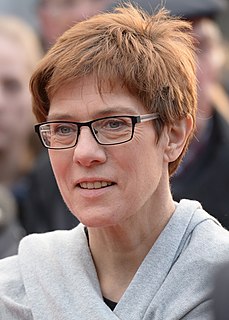A Quote by Jonathan Sacks
Those who believe that liberal democracy and the free market can be defended by the force of law and regulation alone, without an internalised sense of duty and morality, are tragically mistaken.
Related Quotes
We're always projecting our moral categories on things. I think that's inevitable. But capitalism places no particular value on morality. Morality in the market is enforced by contract and regulation and law, because morality is understood to be in conflict with the motive force of greed and accumulation.
But we either believe in democracy or we don't. If we do, then, we must say categorically, without qualification, that no restraint from the any democratic processes, other than by the ordinary law of the land, should be allowed. If you believe in democracy, you must believe in it unconditionally. If you believe that men should be free, then, they should have the right of free association, of free speech, of free publication. Then, no law should permit those democratic processes to be set at nought.
A ‘liberal paradise’ would be a place where everybody has guaranteed employment, free comprehensive health care, free education, free food, free housing, free clothing, free utilities and only law enforcement personnel have guns. And, believe it or not, such a liberal utopia does indeed exist. ... It’s called prison.
I believe in market economics. But to paraphrase Churchill - who said this about democracy and political regimes - a market economy might be the worst economic regime available, apart from the alternatives. I believe that people react to incentives, that incentives matter, and that prices reflect the way things should be allocated. But I also believe that market economies sometimes have market failures, and when these occur, there's a role for prudential - not excessive - regulation of the financial system.
Mounting a campaign against plutocracy makes as much sense to the typical Washington liberal as would circulating a petition against gravity. What our modernized liberal leaders offer is not confrontation but a kind of therapy for those flattened by the free-market hurricane: they counsel us to accept the inevitability of the situation.
There are those who argue that the concept of human rights is not applicable to all cultures. We in the National League for Democracy believe that human rights are of universal relevance. But even those who do not believe in human rights must certainly agree that the rule of law is most important. Without the rule of law there can be no peace.
The market steers the capitalistic economy. It directs each individual's activities into those channels in which he best serves the wants of his fellow-men. The market alone puts the whole social system of private ownership of the means of production and free enterprise in order and provides it with sense and meaning.
I think the reality is that copyright law has for a very long time been a tiny little part of American jurisprudence, far removed from traditional First Amendment jurisprudence, and that made sense before the Internet. Now there is an unavoidable link between First Amendment interests and the scope of copyright law. The legal system is recognizing for the first time the extraordinary expanse of copyright regulation and its regulation of ordinary free-speech activities.






































